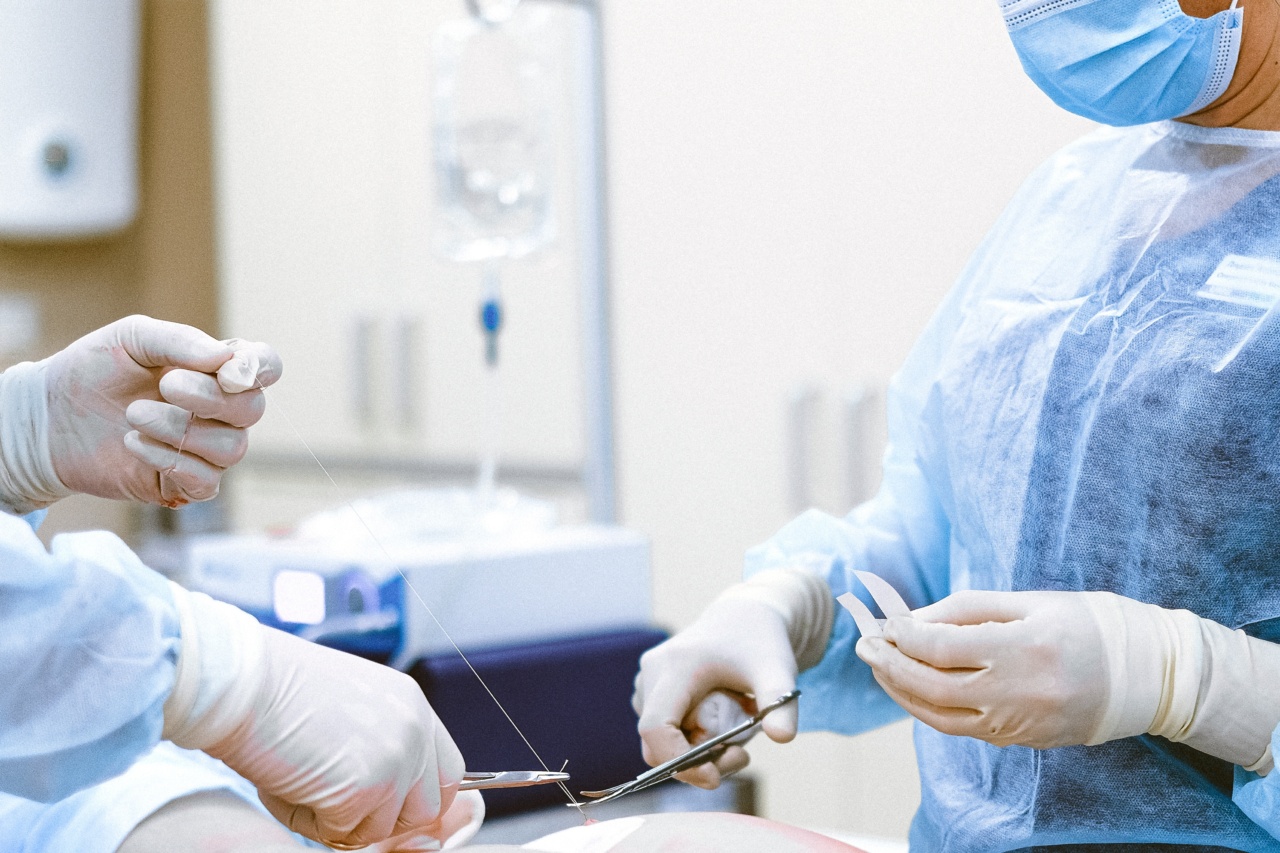Human papillomavirus (HPV) is a common sexually transmitted infection that can cause a variety of cancers, including cervical, anal, and oropharyngeal cancer.
However, with early detection and prevention methods, these cancers can often be prevented or treated.
Cancers Caused by HPV
There are several types of cancer caused by HPV, including:.
- Cervical Cancer: This is the most common cancer caused by HPV. It affects the cells of the cervix, which is the opening to the uterus.
- Anal Cancer: This cancer affects the cells of the anus and is more common in men who have sex with men.
- Oropharyngeal Cancer: This cancer affects the back of the throat, including the base of the tongue and tonsils. It is becoming more common in both men and women.
- Penile Cancer: This cancer affects the cells of the penis and is more common in older men.
- Vaginal and Vulvar Cancer: These cancers affect the cells of the vagina and vulva and are more common in women over the age of 50.
Prevention of HPV-Related Cancers
There are several methods for preventing HPV-related cancers:.
- Vaccination: The HPV vaccine is a safe and effective way to prevent HPV infection and the risk of related cancers. It is recommended for both boys and girls. The vaccine is best given at ages 11-12, but can be given as early as 9 years of age. The vaccine is also recommended for males up to age 26 and females up to age 45 if they have not previously been vaccinated.
- Safe Sex Practices: Practicing safe sex, including using condoms and limiting sexual partners, can reduce the risk of HPV infection. However, condoms do not provide complete protection against HPV, as it is spread through skin-to-skin contact in the genital area.
- Cervical Cancer Screening: Regular cervical cancer screening, such as a Pap test or HPV test, can help detect abnormal cells before they turn into cancer. It is recommended that women start screening at age 21 and continue through age 65.
- Quit Smoking: Smoking weakens the immune system and increases the risk of developing cervical and other types of cancer.
Symptoms of HPV-Related Cancers
The symptoms of HPV-related cancers may vary depending on the type of cancer. Some common symptoms include:.
- Cervical Cancer: Abnormal vaginal bleeding, pain during sex, and pelvic pain.
- Anal Cancer: Anal pain, itching, bleeding, discharge, or a lump in the anal area.
- Oropharyngeal Cancer: Persistent sore throat, ear pain, hoarseness, and difficulty swallowing.
- Penile Cancer: Pain or discomfort in the penis, discharge, and a lump on the penis.
- Vaginal and Vulvar Cancer: Abnormal vaginal bleeding, pain during sex, itching, and discharge.
Conclusion
HPV is a common sexually transmitted infection that can lead to several types of cancer. However, through vaccination, safe sex practices, and regular screening, the risk of developing HPV-related cancers can be greatly reduced.
If you experience any symptoms or have concerns about your risk for HPV-related cancers, speak to your healthcare provider.





























